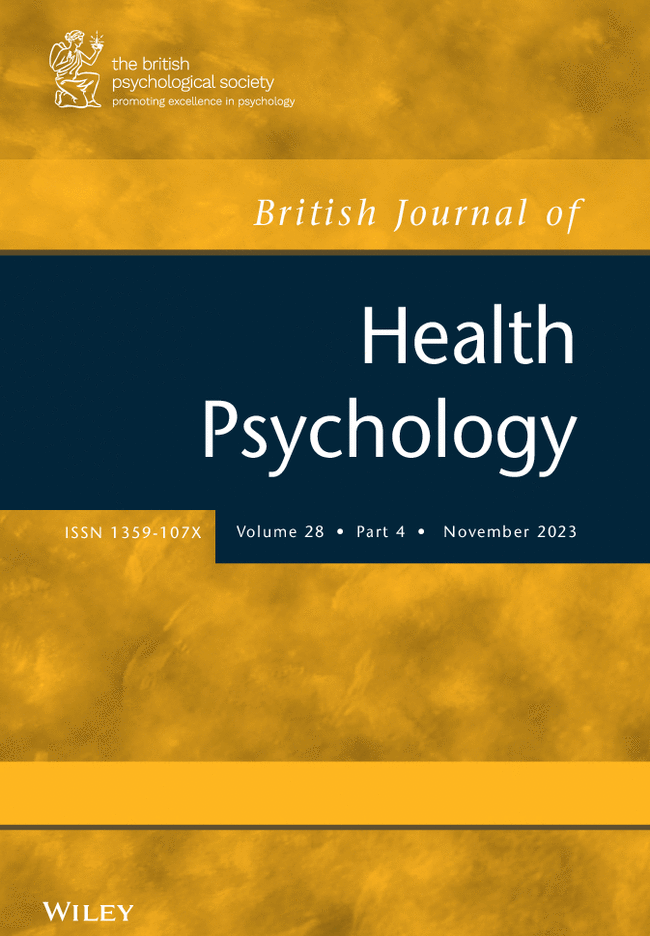Ambivalence towards food, healthy eating and the role of self-compassion
Abstract
Objectives
Many people experience ambivalence about food (e.g., broccoli is healthy, but boring; chocolate is tasty, but fattening). However, research examining the link between ambivalence and eating behaviour is scarce and findings are mixed. Self-compassion may influence the extent to which ambivalence is experienced and regulated. In two studies, we investigated the relationship between ambivalence towards healthy and unhealthy food and eating behaviour, and examined the role of self-compassion.
Design
A cross-sectional study (Study 1) and a short-term prospective study (Study 2).
Methods
Ambivalence (degree and strength of opposing evaluations) was assessed in relation to images of healthy and unhealthy foods. Study 1 (N = 206) assessed ambivalence, self-compassion and self-reported eating behaviour measures cross-sectionally. Study 2 (N = 155) measured ambivalence and self-compassion at baseline and self-reported eating behaviour measures 3 weeks later.
Results
Unhealthy foods elicited more ambivalence than healthy foods. As expected, greater self-compassion was related to healthier eating behaviours and healthy food ambivalence mediated this relationship. Individuals high in self-compassion exhibited less ambivalence to healthy food images, which in turn was related to overall healthier eating patterns. In contrast, ambivalence to unhealthy foods was unrelated to self-compassion and mostly unrelated to the eating behaviour measures. Findings were consistent across both studies.
Conclusions
Individuals with higher levels of self-compassion exhibited less ambivalence towards healthy foods (but not unhealthy foods). Although healthy foods generated less ambivalence than unhealthy foods did, greater healthy food ambivalence was consistently related to unhealthier eating behaviour patterns.

 求助内容:
求助内容: 应助结果提醒方式:
应助结果提醒方式:


